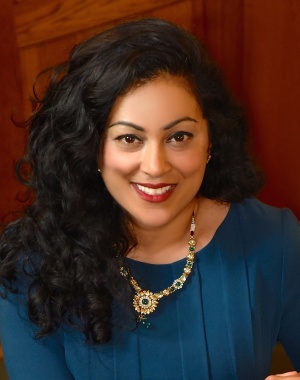Are smart cities smart enough?
Co-hosted by: U-M Urban Technology program at Taubman College
Speaker
Bill de Blasio, Shobita ParthasarathyDate & time
Location
Join the Gerald R. Ford School of Public Policy and the Science, Technology, and Public Policy (STPP) Program for a Policy Talks @ the Ford School conversation with former New York City mayor, Bill de Blasio. In conversation with STPP Director Professor Shobita Parthasarathy, the discussion will explore how urban tech is shaping social policy in “smart cities” like New York and beyond. How can we ensure that emerging technology serves the public interest, and what role can local, state, national, and even international policy play?
Presented with support from the U-M Urban Technology program at Taubman College. Special thanks to our media partners at Detroit Public Television (DPTV).
From the speaker's bio
Bill de Blasio is an American political leader who served as the 109th mayor of New York City from 2014 to 2021. A member of the Democratic Party, he held the office of New York City Public Advocate from 2010 to 2013. De Blasio started his career as an elected official on the New York City Council, representing the 39th district in Brooklyn from 2002 to 2009. As mayor, de Blasio led NYC through the Covid-19 pandemic, turning what was once a global epicenter into the safest city in the country. In 2014, de Blasio created a groundbreaking initiative which ensured that early childhood education became a universal right in the five boroughs. The universal Pre-K and 3-K programs in NYC have become a national model. During his tenure, NYC financed the preservation and construction of over 200,000 affordable homes, the most created by any administration in the City’s history. In 2019, de Blasio launched a first-in-the nation, 6-point action plan to end long-term homelessness. “The Journey Home” initiative was designed to increase access to housing and health care in combination with rapid-response outreach efforts for homeless individuals living in the streets. In fulfilling his campaign promise to end a “tale of two cities,” de Blasio implemented policies which successfully reduced income inequality among New Yorkers and fought alongside them to secure a $15 minimum wage for all workers. In response to the growing climate crisis, de Blasio and the NYC Council passed the Climate Mobilization Act (or the NYC Green New Deal) to make NYC net-carbon-neutral by 2050, as well as groundbreaking legislation to reduce building emissions and to end fossil fuel use in new buildings. Prior to being an elected official, de Blasio served as the campaign manager for Hillary Rodham Clinton’s successful senatorial campaign of 2000 and got his start in NYC government working for Mayor David Dinkins. De Blasio graduated from New York University with a B.A. in Metropolitan Studies and from Columbia University with an M.A. in International Affairs.

